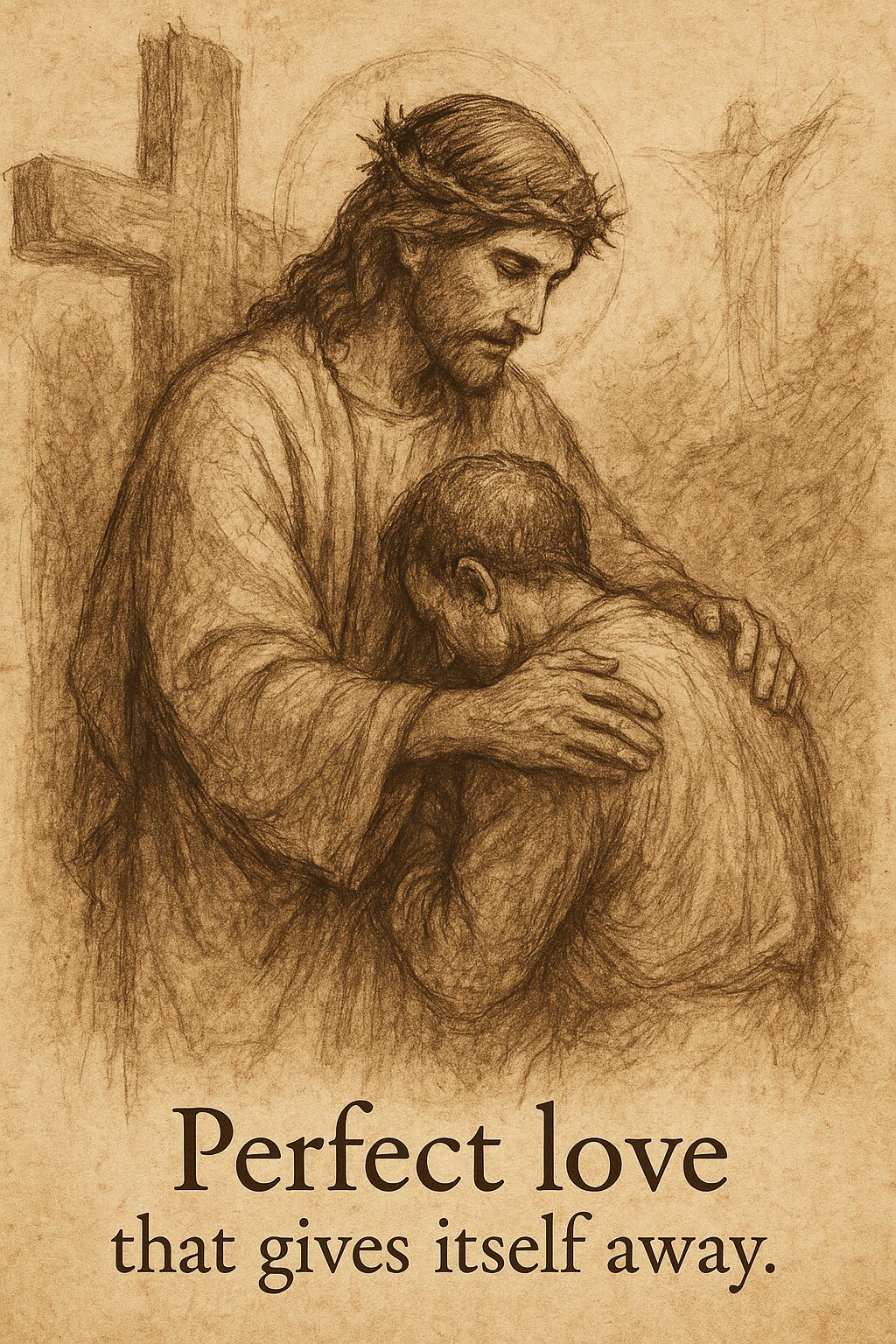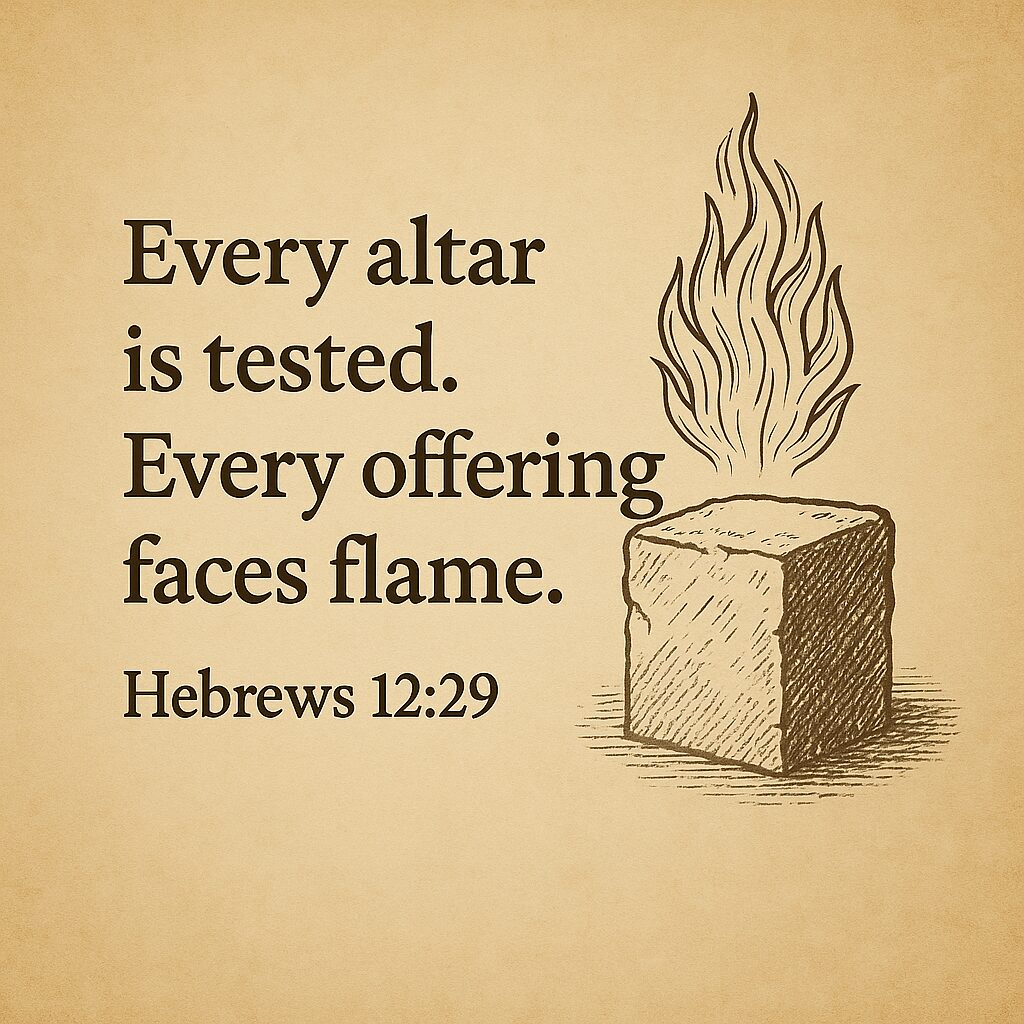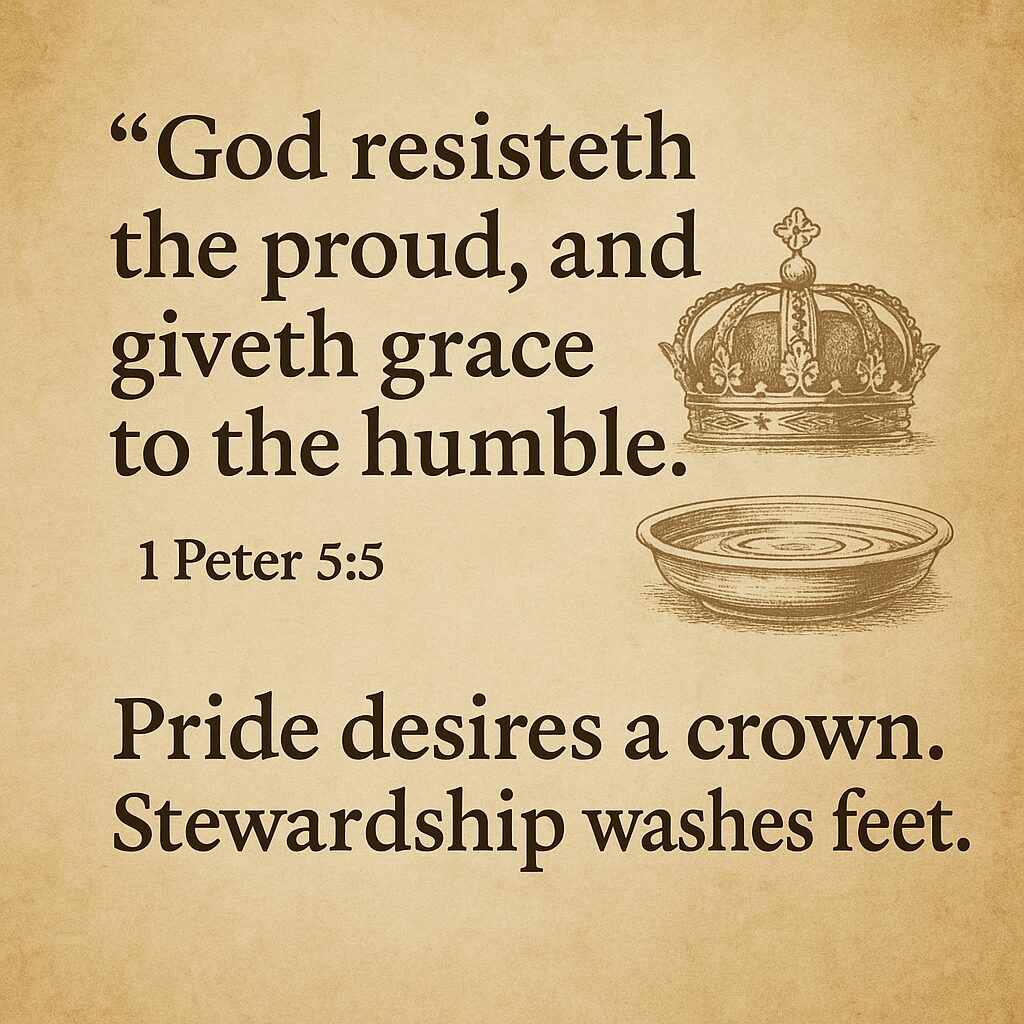
Look closely at humanity.
We build, we paint, we sing, we grieve, we forgive, we imagine. No other creature does these things with purpose that reaches beyond survival. We are not content to simply live. We want to understand why. We want to create beauty that did not exist before. We hunger for justice that cannot be seen but is deeply felt.
That longing points somewhere.
From the beginning, Scripture declares that man was made in the image of God. “So God created man in his own image, in the image of God created he him” (Genesis 1:27, KJV). Those words are not poetry alone. They are origin and identity. The image of God is not a symbol; it is an imprint — a reflection of divine reason, divine creativity, and divine love placed within flesh and breath.
The mark of that image is more than intelligence. It is self-awareness, moral awareness, and the mysterious ability to love beyond instinct. Humanity alone can look upon another person and think, You are. That recognition is sacred. It is the root of dignity. It is the whisper of eternity inside the heart of a creature made from dust yet touched by glory.
A wolf may protect its pack. A bird may die for its young. But humanity alone can choose compassion when it costs something. Humanity alone can love an enemy. Humanity alone can forgive the unforgivable. That is not instinct. That is the image of divine love awakening in man.
We were designed to mirror the One who said, “Thou shalt love thy neighbour as thyself.” Love that gives, heals, and redeems is not learned through evolution. It is breathed into us from the beginning.
The more we love, the more we resemble the Creator who formed us. The more we give, the clearer His likeness shines. Every act of mercy, every moment of creation, every pursuit of truth is a reflection of His nature pressing through our own.
And at the center of history, the image took form and walked among us.
“The Word was made flesh, and dwelt among us” (John 1:14). Christ did not only teach the image of love; He embodied it. His life revealed what the image was always meant to display. Perfect love that gives itself away. On the cross, He showed the world what God’s likeness looks like when revealed in full. Not power. Not conquest. Not survival. But self-giving love.
“Greater love hath no man than this, that a man lay down his life for his friends” (John 15:13). That is the center of everything. The cross is not the collapse of divinity but its unveiling. Love emptied itself for the sake of those who could not repay it. That is what divine image looks like when it breathes through human form.
And then, love rose.
The resurrection was not only the victory of one man over death; it was the restoration of what man was always meant to be, a living reflection of the God who is love. Through Christ, the image is renewed. Through His Spirit, it begins again in every heart that believes.
“For whom he did foreknow, he also did predestinate to be conformed to the image of his Son” (Romans 8:29). The goal of redemption is not escape from this world but transformation within it — the restoration of the image we were created to bear. Every soul remade in Christ is a mirror polished by grace, turning again toward the light.
So look at the world with reverence. Every face you meet bears the trace of His handiwork. Every person is a canvas of divine possibility. Every act of love is a small resurrection, a spark of the image awakening again.
We were not made to survive. We were made to reveal.
Not to conquer, but to reflect.
Not to ascend through pride, but to shine through love.
“For God is love” (1 John 4:8). And to be made in His image is to carry that love into the dust and darkness until the earth itself begins to mirror heaven.


